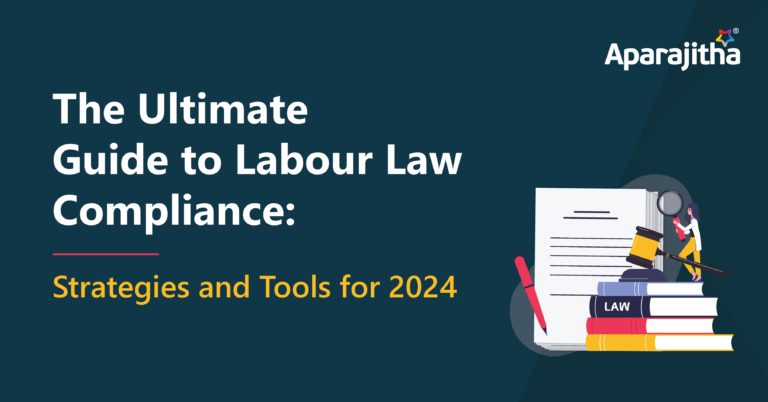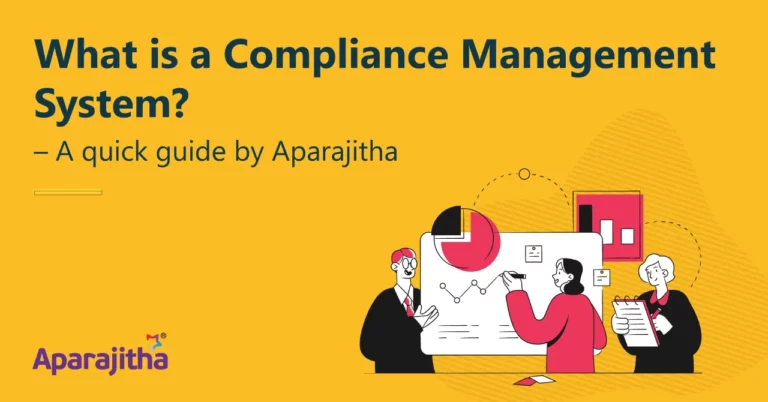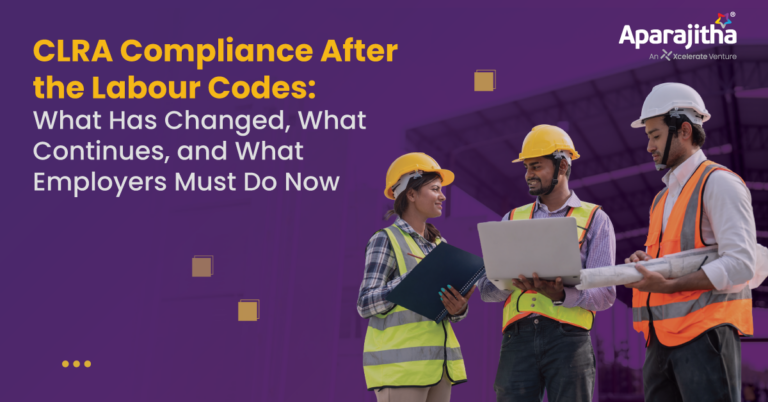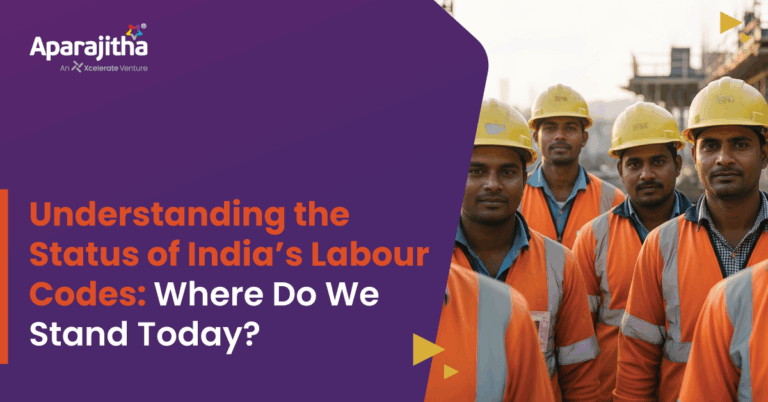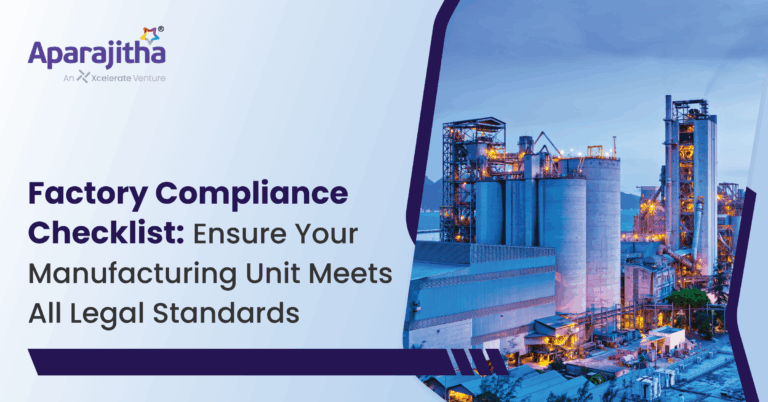The Apex court’s judgment on PF wages was delivered on 28-02-2019 in a case more popularly known as Surya Roshni Ltd & Ors vs Employee Provident Fund & Ors.Hon’ble Supreme Court in the matter of Regional Provident Fund Commissioner Vs. Vivekananda Vidyamandir and other connected appeals including Surya Roshni Ltd considered the scope of ‘basic wages’ and allowances liable for PF contributions. A review petition has been filed by Surya Roshni in the Apex Court in March 2019 seeking review of the subject justice. Though this judgment is catchy and attracted the attention of many employers but it is certainly not a landmark judgment and has not set a new standard or principle to be followed and has also not given any guideline but just replicated its earlier judgment in Bridge and Roof Co. (India) Ltd vs Union India delivered on 11-09-1962.
This judgment which was long-awaited has been a bane to the employers and has created jittery in the minds of the employers. One important question put forth by almost all the employers is about the effective date of enforcement of this judgment and in other words would it have effect from the date of judgment i.e. 28-02-2019 or retrospectively.
Other similar apprehensions about the implementation date are would it be from the date of applicability of the PF Act to the establishment or from the date of PF Act enactment in 1952 if the establishment is older.
Adding to the woes of employers, soon after this Judgment, EPFO issued an internal circular on 14-03-2019 to all RPFC’s informing them to utilize the PF Judgment while defending cases and taking necessary action. It is understood that in many places, local PF office has started inspection seeking details to determine if there has been any subterfuge of wages and as an after effect, this may lead to Section 7A proceedings against employers.
Though this judgment is generally misinterpreted that all allowances in whatsoever name it is called attracts PF liability but the fact of the matter is that different appellants have failed to prove the rationale behind giving those allowances to their employees.
This judgment relied purely on (a) definition of basic wages as per the Section 2(b) of the EPF & MP Act, 1952, (b) Section 6 – Contributions and matters which may be provided for in Schemes and (c) six judges constitutional bench landmark judgment of the Hon’ble Supreme Court delivered in the matter of Bridge and Roof Company ( India ) Limited V. Union of India, 1962.
Following principles derived from this judgment if carefully read would give a better idea on the attraction of PF on various salary components.
- UNO – Salary paid Universally, Necessarily and Ordinarily to all employees in the establishment are considered basic wages.
- If any payment is made to those employees who avail of the opportunity, is not ‘basic wages’ as defined under Section 2(b) of the EPF & MP Act,1952. (Special incentive or production incentive or overtime allowance or night shift allowance).
- Inam or rewards or gifts or presents paid to the employee is not basic wages.
- Quantum of allowances like HRA paid is not disproportionate to other wage components of an employee 5. PF contribution on statutory limit A well-knit policy deriving the purpose of each salary structure component keeping the above principles in mind would certainly not bring any liability on PF contribution. But if the employers have no policy, if the salary structure has no basis and has been designed to suit the whimsical desire of the employees or employers then PF liability can be latched from the date of such violations.
If the principles derived from this judgment as listed above is not followed, then obviously upon PF inspection, contribution could be demanded followed with damages and interest from the date of violation (even retrospectively) or from the date of applicability of the EPF & MP Act, 1952 or from the date of enactment of EPF & MP Act in 1952.
Courts normally do not give any effective date of implementing their order when they deal with cases related to definitions as they just interpret the provisions and give the ruling.
- M/s. Whirlpool of India Ltd. Vs. Respondent: Employees’ State Insurance Corporation by Supreme Court on 08-03-2000, ruled that production incentive is not part of wages as defined in Section 2(22) of the ESI Act.
- Definition of Industry as per the Section 2(j) of the ID Act, 1947 was interpreted including mostly all industries in the BWSSB case by SC in 1978 which had effect from the date of judgment on 21-02-1978.
- Lanco Anpara Power Ltd vs State Of Uttar Pradesh And Ors on 18 October, 2016 by Supreme Court interpreting Section 2(d) of the BOCW Act which defines ‘building or other construction work’ ruled that construction workers are not covered by the Factories Act and, therefore, welfare measures specifically provided for such workers under the BOCW Act and Welfare Cess Act cannot be denied.
Whereas Parliament can pass an amendment and implement with the retrospective date also. It may be recollected that employee definition in the Payment of Gratuity Act, 1972 was amended by Parliament with retrospective date from 03-04-1997 though the bill passed by Parliament was given assent by the President on 31-12-2009. This was mainly done to make teachers working in educational institutions eligible for gratuity.
My Perspective
It is learnt that PF authorities have started inspections seeking past records and would initiate actions which may lead to further disenchantment in the business arena that would also lead to further plea by employers in various courts across the country citing the consistent practice followed across the industry and disagreement in different interpretations of the definition of basic wages. This judgment may also impose a huge financial burden on the start-ups and MSMEs.
Therefore, the Central Government should pitch in and create a level playing field by bringing clarity to this subject of PF coverage on salary components in continuance to its effort on ease of doing business. Central Government should also take cognizance of the aftereffect of this judgment from the employer’s perspective and bring necessary clauses in the proposed Labour Code on Social Security. I am sure that the Central government would bring in clarity and make compliance as an interesting phenomenon. It is time to Walk the Talk on labour reforms.
BS Ramachandran
ramachandran@aparajitha.com


